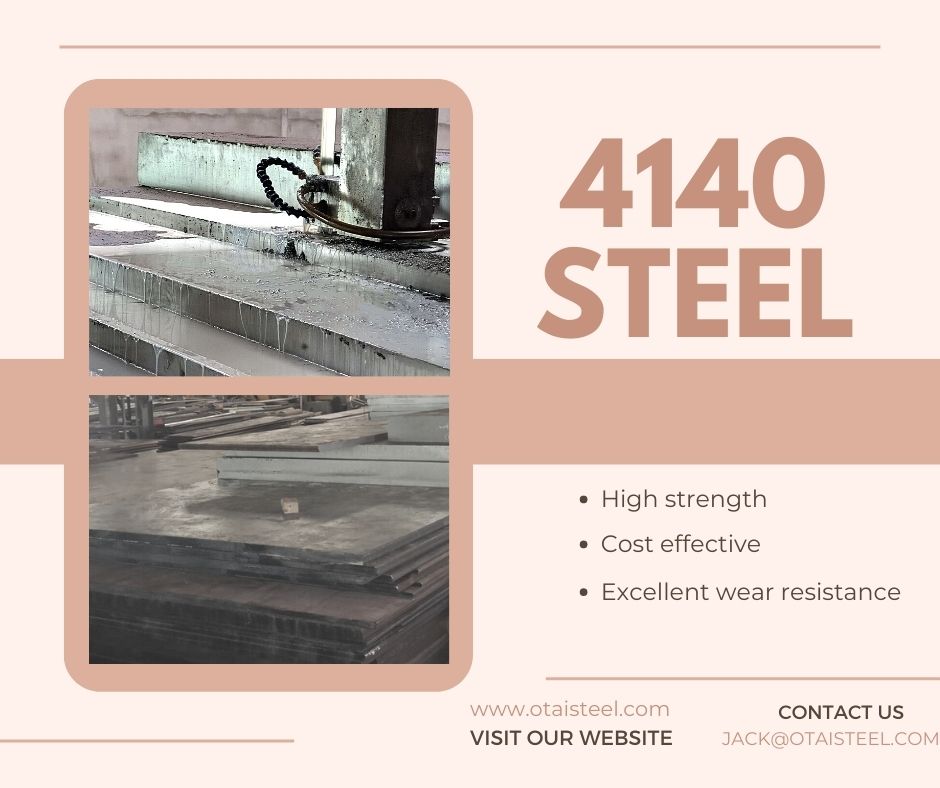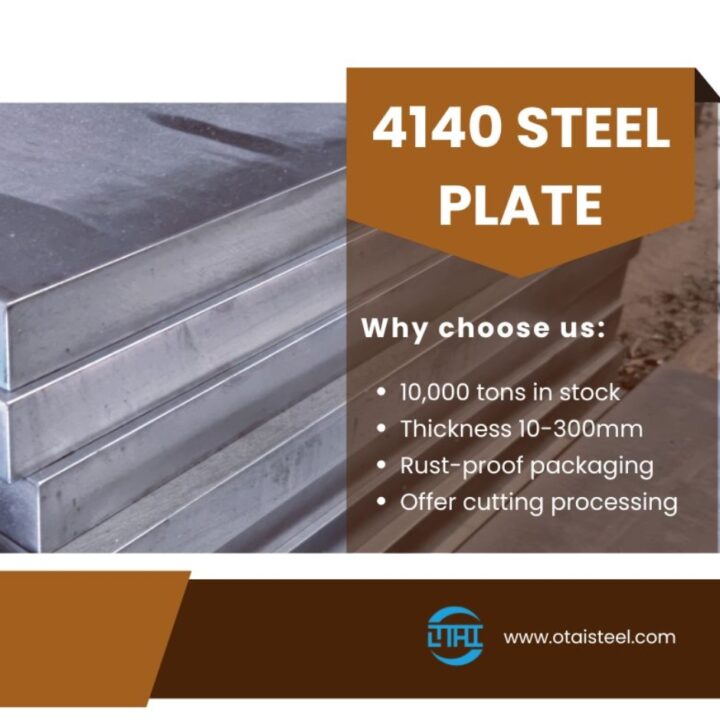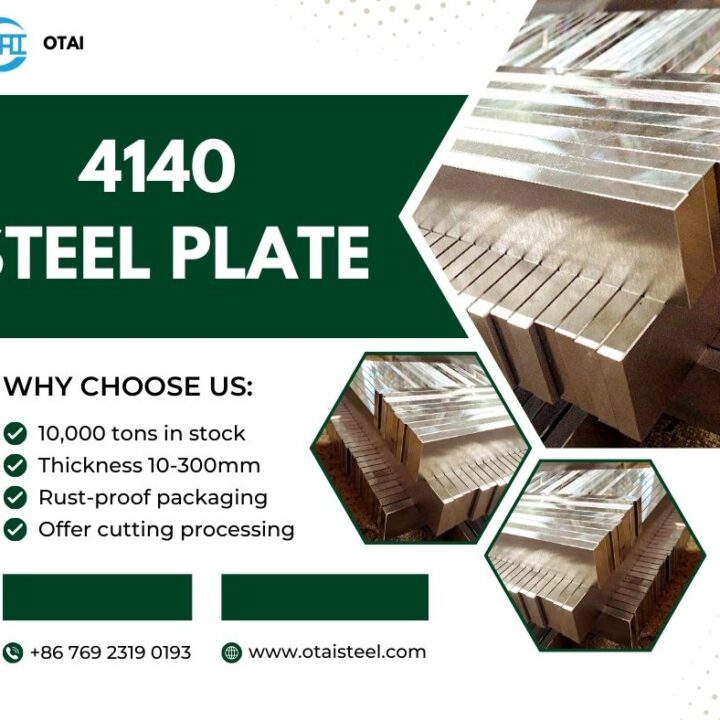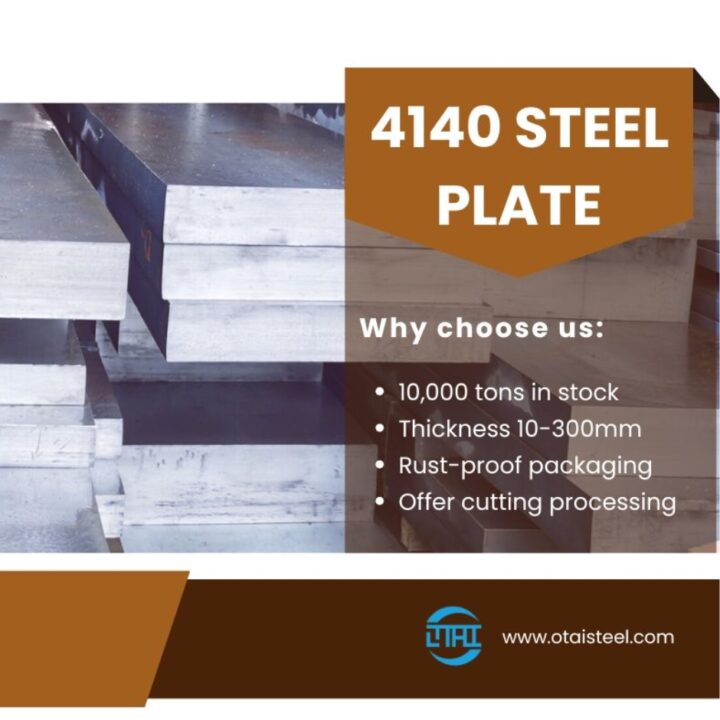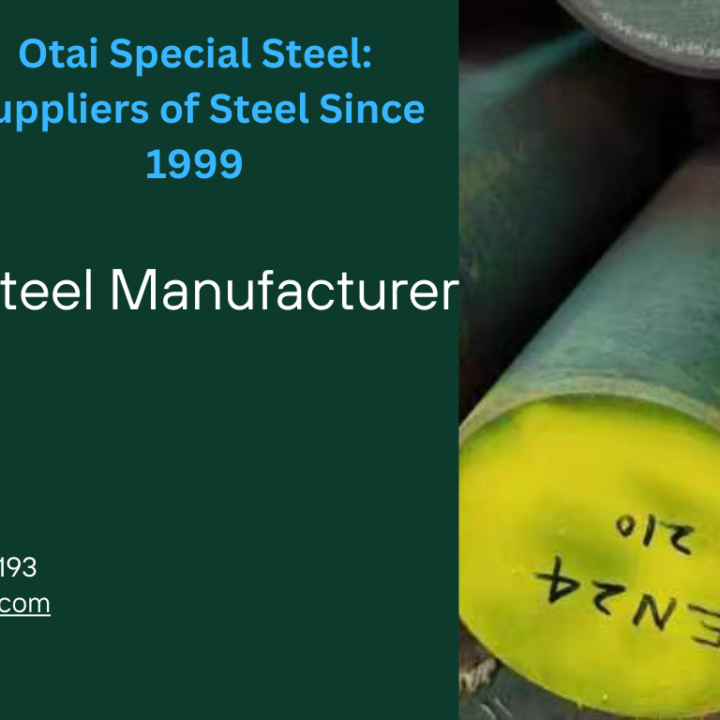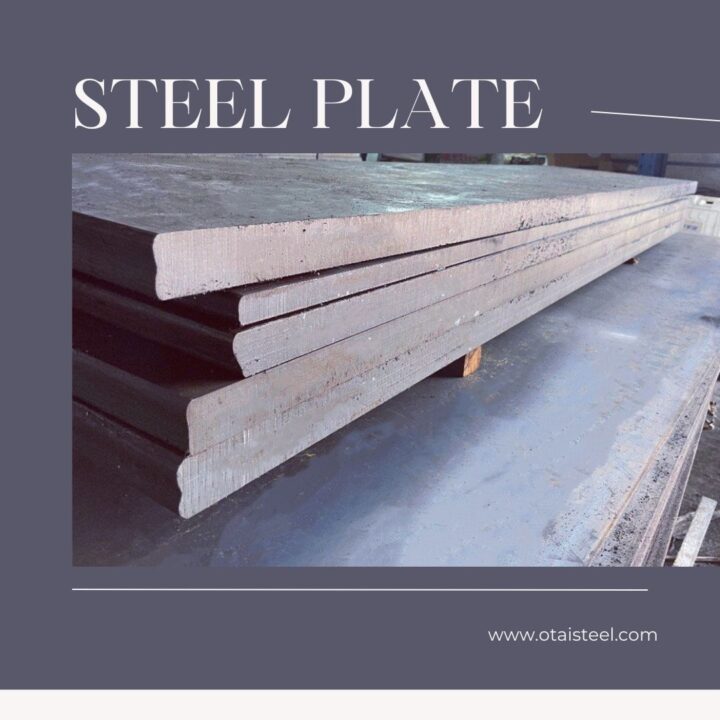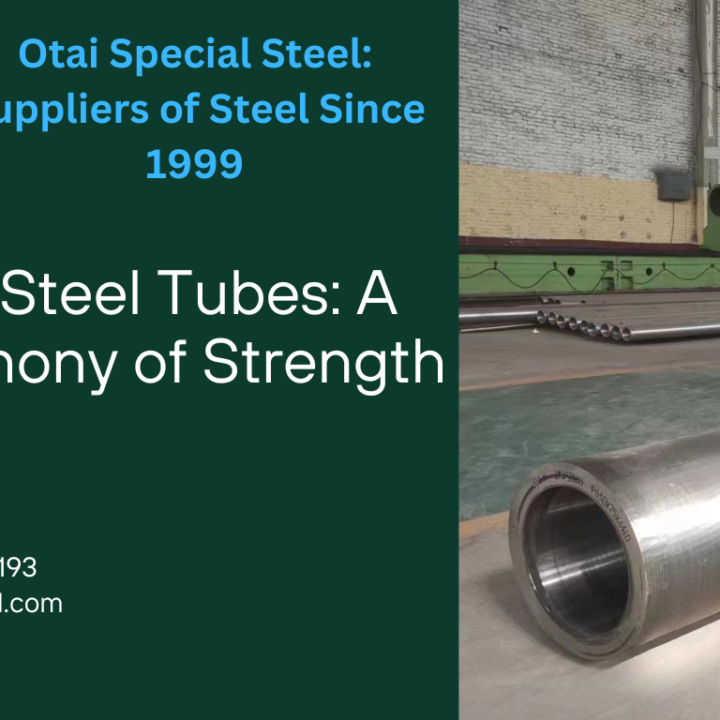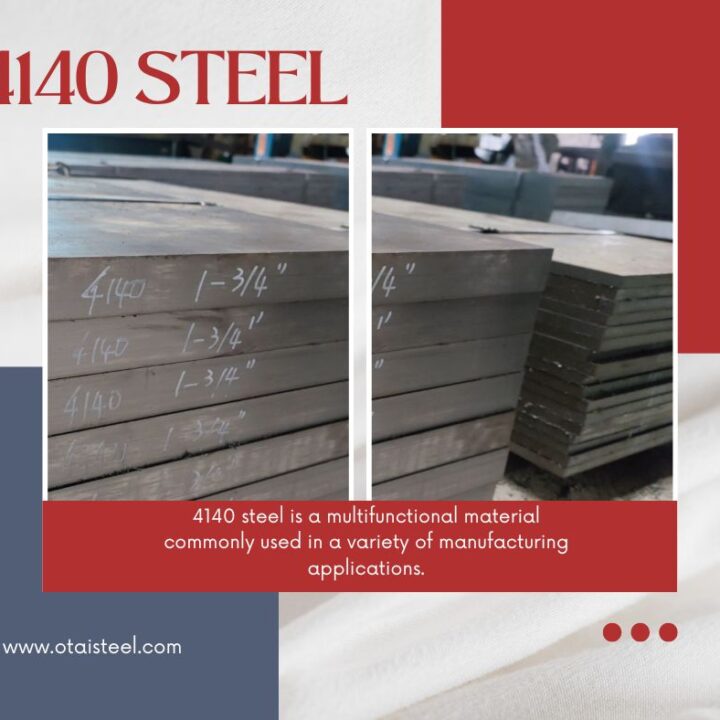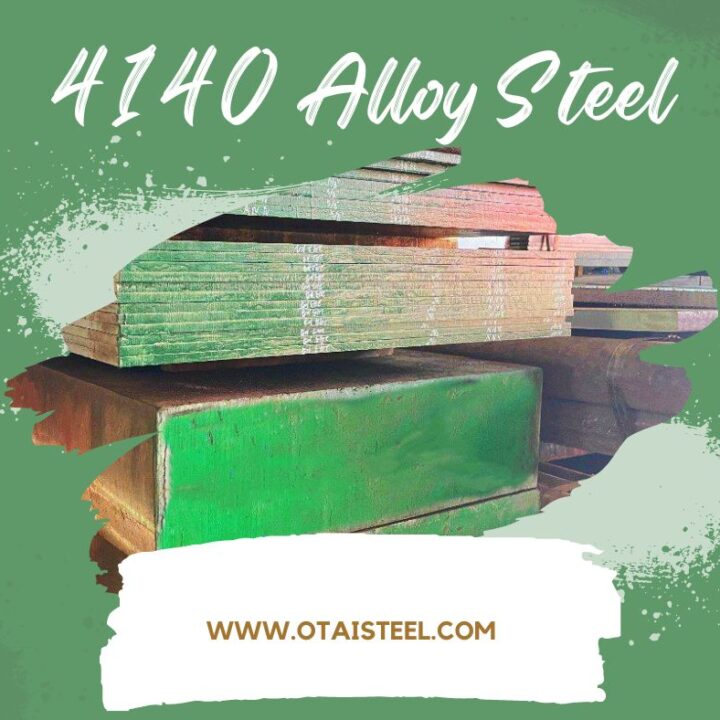Before delving into the specifics, let’s get acquainted with AISI 4140 alloy steel. AISI stands for the American Iron and Steel Institute, which is a widely recognized standard-setting organization in the United States. AISI 4140, sometimes simply referred to as 4140 steel, is a versatile and highly sought-after alloy known for its excellent mechanical properties.
Chemical Composition of AISI 4140
- Chromium (Cr): Enhances hardness, wear resistance, and corrosion resistance.
- Molybdenum (Mo): Provides high-temperature strength and toughness.
- Carbon (C): Imparts hardness and strength.
- Manganese (Mn): Enhances hardenability.
- Silicon (Si): Contributes to strength and fluidity during manufacturing.
These elements, in specific proportions, give AISI 4140 its remarkable set of properties.
Key Properties of AISI 4140 Alloy Steel
- High Tensile Strength: AISI 4140 boasts a tensile strength ranging from 850 to 1000 megapascals (MPa), or approximately 123,000 to 145,000 pounds per square inch (psi).
- Excellent Toughness: It exhibits good ductility and toughness, even at high strengths.
- Wear Resistance: Thanks to its alloying elements, 4140 steel resists wear and abrasion effectively.
- High Fatigue Strength: It can withstand repeated stress cycles without failing, making it ideal for dynamic applications.
- Versatile Heat Treatability: AISI 4140 responds well to heat treatment processes like quenching and tempering, allowing for tailored mechanical properties.
Applications of AISI 4140 Alloy Steel
- Aerospace: Used in aircraft landing gear, structural components, and critical fasteners.
- Automotive: Employed in high-stress components like axles, crankshafts, and gears.
- Oil and Gas: Ideal for drill collars, downhole drilling tools, and other high-pressure applications.
- Construction: Utilized in structural components and heavy equipment.
- Machinery: Found in gears, shafts, and other components requiring high strength.
Heat Treatment of AISI 4140 Alloy Steel
- Quenching: Rapid cooling after heating to achieve high hardness and strength.
- Tempering: Reheating after quenching to reduce hardness slightly while enhancing toughness.
The combination of these processes can produce a wide range of mechanical properties to suit different application requirements.
FAQs
Q1: Can AISI 4140 alloy steel be welded?
A1: Yes, AISI 4140 can be welded, but it requires proper pre-welding and post-welding procedures to maintain its properties. Consultation with a welding expert is recommended.
Q2: What is AISI 4140 alloy steel’s resistance to corrosion?
A2: While AISI 4140 is not a stainless steel, its chromium content provides some level of corrosion resistance. However, it may still require protective coatings in corrosive environments.
Q3: What are the limitations of using AISI 4140 alloy steel?
A3: AISI 4140 steel may not be suitable for extremely high-temperature applications, as it can lose some hardness at elevated temperatures. In such cases, specialized high-temperature alloys might be preferred.
Q4: How is AISI 4140 different from other steel alloys?
A4: AISI 4140 is distinguished by its specific chemical composition and exceptional heat-treatable properties. Its combination of chromium, molybdenum, and carbon sets it apart from many other steel alloys.
Q5: Is 4140 alloy steel readily available?
A5: Yes, 4140 is widely available from various suppliers, making it accessible for a broad range of applications.
